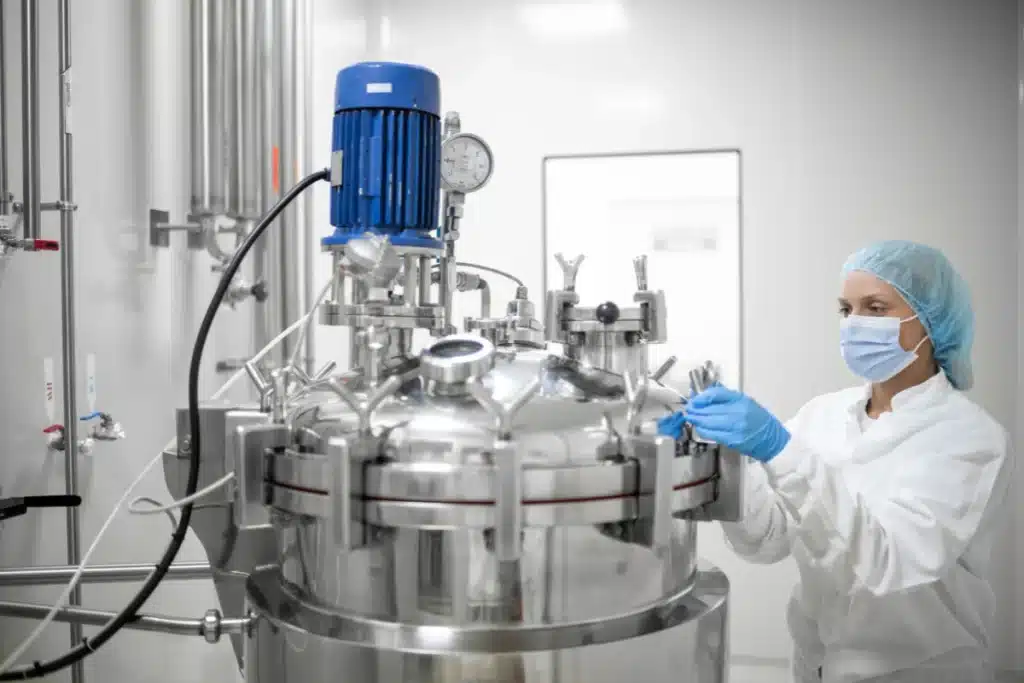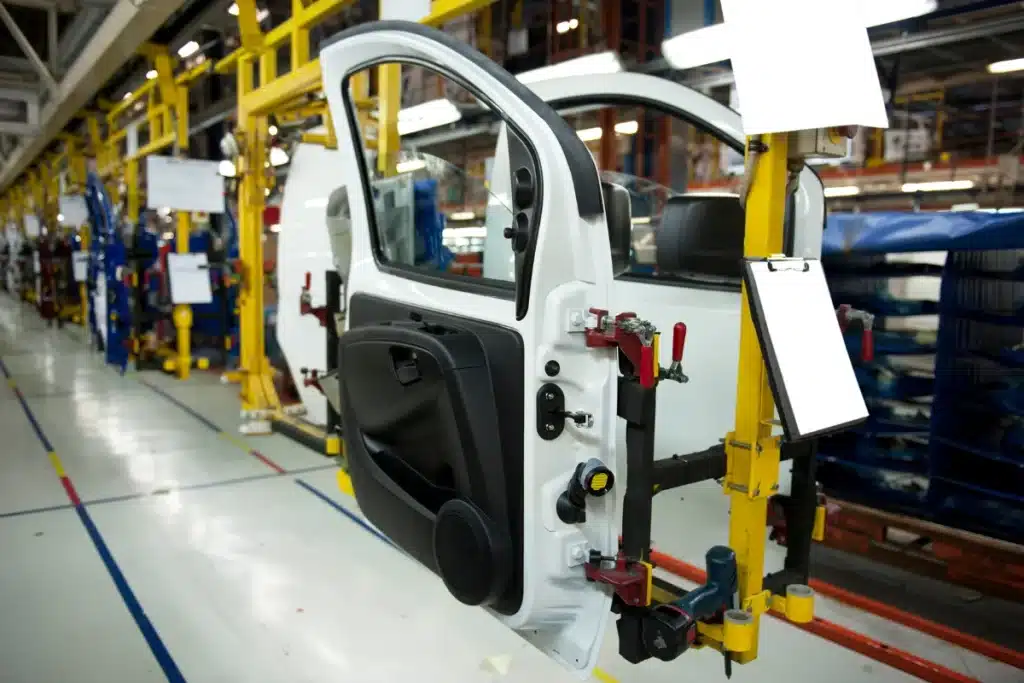Since the 1990s, manufacturing has relied on Enterprise Resource Management (ERP). At that point, ERP managed human resources and accounting. Today, it is a fully customizable tool used in various business areas, including retail/sales, finance, and operations. As a result, many professionals question whether they should switch to an ERP system for their business.
Benefits of an ERP System
There are several ways a company can benefit from using an ERP system, including:
- Enhance productivity
- Save time & money
- Easily generate reports
- Easier collaboration
- Increased data security
- Increased efficiency
- Get notified upon information updates
As you can see, an ERP system can offer a lot for your business. But let’s take a deeper dive.
Industries that Benefit from an ERP System
Now that we have taken a brief look at the benefits of an ERP system, which industries will find these benefits most helpful?
Manufacturing
ERP Software is beneficial to the manufacturing industry, especially in food manufacturing. When a company implements an ERP system, it allows the various departments such as operations, production, and purchasing to communicate more effectively.
One study showed that 48% of leaders in the manufacturing sector indicated that industry-specific software would help make their business run more efficiently.
Your teams can set up dashboards, modules, and custom alerts based on the needed task. Finance departments can set up custom reporting and projections. The operations and production departments can set up alerts to notify when inventory levels are low and when there are recalls or broken machines.
When combined with a quality CRM, you can send alerts to affected customers and vendors.
Finally, an ERP system allows the sales department to communicate with warehouse teams to locate real-time inventory and manage client expectations.
Healthcare
The healthcare industry can also benefit from an ERP system because it allows you to handle a variety of activities, including sourcing and procurement of essential items. Also, it will enable you to monitor utilities, waste management, and payroll. According to HIMSS Analytics, in 2018, the adoption of ERP in hospitals was 38.4%. Just a decade prior, it was only 18.8%.
Additionally, the accounting tools in an ERP system allow you to manage finances across the business effectively. You can generate reports that show you critical information for the industry, such as cost of care vs. quality of care.
Finally, when combined with a CRM system, an ERP system in the healthcare sector allows close monitoring of relationships, researchers, and clients.
Hospitality
ERP software can help hotels keep track of vacancies, scheduled and canceled reservations, cleaning schedules, staff, and waste collection in the hospitality industry.
This tool allows hotel managers to keep information in one place and decrease duplicates and conflicting data, such as double-booking rooms.
Finally, an ERP system in the hospitality industry can also monitor restaurants and other activities within the hotel.
Waste Management
Due to the nature of the industry, waste management is an ideal candidate for an ERP system. The sector can react instantly to new regulations and legislation to toughen reporting duties and waste codes.
When implemented along with a CRM, the ERP can send out alerts and updates to contracts via the cloud.
Education
An ERP system can be valuable for both academic and research facilities in the education sector. This tool allows them to more quickly and efficiently manage their logistical needs.
For example, schools can ensure that essential items are in stock, track which vendors are best, and easily manage initiatives.
Also, an ERP system helps the financial aid department ensure the proper allocation of grants and other funding.
Finally, you can design modules to track enrollment and spending of government grant money.
Retail
ERP software is valuable in the retail sector because it allows companies to keep up with customer demand. When combined with a CRM tool, account managers and sales associates can easily access their cross-channels. When you can see warehouse inventory levels in real-time, you ensure accurate stock levels—avoiding the order of something out-of-stock for a customer.
Construction
In the construction sector, there are several areas where an ERP system is valuable, such as:
- Management of assets
- Submittals
- Customer Relationship Management (CRM)
- Management of projects
- Scheduling
- Management of bids
- Management of vendors
- Management of inventory/equipment
- Management of finances
- Management of contractors
- Management of human capital
In construction, when you can integrate these systems into an all-inclusive solution, you can manage a project from start to finish. If all parts are not appropriately managed, it can result in a delay—which can ultimately affect your bottom line. Without an ERP system to keep things running smoothly, tasks can too easily fall through the cracks.
Non-Profits
The final industry that we will discuss that can benefit from an ERP system is the non-profit sector. This industry can benefit from an ERP system in a variety of ways, such as tracking of membership, managing funds (in the form of grants, fundraising/donations, commitments, and budgets), managing collections or artifacts, managing donors, contact relations, volunteers, marketing efforts, and events, and so much more. Goldfinch ERP has been a proven solution for organizations with these needs.
Conclusion
As you can see, there are several benefits to using an ERP, and many industries find these benefits essential. If you want to improve the overall efficiency of your business, it’s worth considering a quality ERP solution. Contact us today to find out how we can help you.



